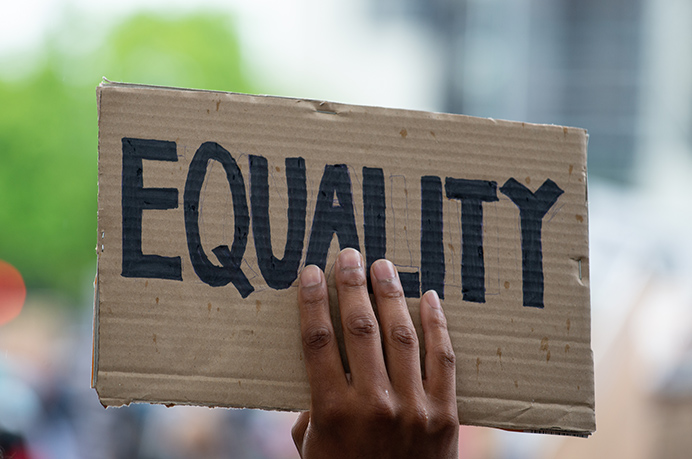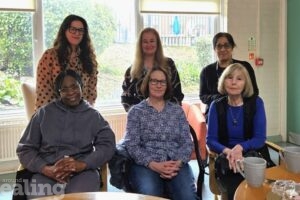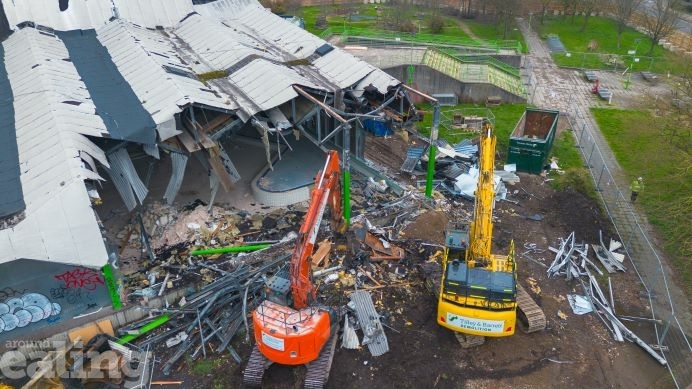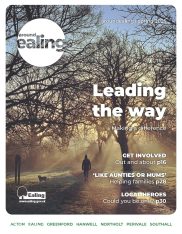Following the demands of Ealing’s Race Equality Commission (EREC), the council and health, education and police partners are putting in place actions to create change.
A plan was published earlier this month identifying the actions that are already underway to challenge and change persistent and growing racial inequalities in the borough.
Commission identified seven priorities
The commission identified education, health, civic participation, policing, income and employment and housing as requiring urgent action. It also demanded that a mechanism be put in place which would hold the council and its partners to account for delivering against the demands.
Council leader, Councillor Peter Mason said: “At November Cabinet, we passed a detailed action plan to deliver the demands of the commission. The demands of the Commission directly tackle the structural inequalities that blight too many members of the community and work to create a fairer society for all.”
Ealing’s Citizens’ Tribunal, comprising of 10 members has been recruited to from across the borough to undertake a scrutiny role, share their knowledge and expertise and to hold the council, health and police to account on the delivery of their actions.
The citizens’ tribunal has already met and set up sub committees reflecting key areas of the report and members will work closely with all partners to close inequality gaps.
The different working committees and sub-groups main activities are briefly outlined below, full details can be viewed in the plan:
Education
Close the gap in attainment for Black Caribbean pupils, end the disproportionate rate of exclusions and empower parents to be more active in their children’s education, working with the Ealing Learning Partnership (ELP).
Encourage more Black teachers into leadership roles and make training in race equality and unconscious bias a priority. The ELP will lobby government to update the curriculum to include more Black and Caribbean history.
Health
Working with the Health and Wellbeing Board (HWB), the commission aims to see more Black and Caribbean representation in both leadership roles and in the workforce, this will be achieved through embedding inclusion and diversity in all areas.
Work alongside ‘board to ward’ champions and community teams and encourage freedom to speak up on inclusive decision making and encourage black and minority ethnic and LGBTQ+ networks.
Participation and democracy
The citizens’ tribunal has been set up to provide a route into civic engagement within the community.
A civic leadership programme is in place and the Council Workforce Equality Plan will also establish an equality board, to encourage participation of people from under-represented communities.
Policing
The Metropolitan Police Service have committed to providing an action plan to increase trust in the community, that will be produced with engagement and input from local people. To assist with building trust, engagement events will take place, along with ride along schemes, listening circles and trust and confidence groups. Community Monitoring Group (CMG) and Youth Scrutiny Panel (YSP) will meet every six-eight weeks. These engagement activities will give partners and members of the community an opportunity to review, provide feedback and monitor progress.
Income and employment
Plans to reduce the minority pay gap include the publication of a best practice guide and reporting by employers.
The government will be lobbied to improve guidance and enforce penalties for not acting.
Monitoring progress will provide more information and data to assist in finding ways to support young Black men and people of under-represented communities.
Housing
Workshops to empower tenant groups and ensure resident views are put forward and contribute to building safety, housing services and new developments will be put in place.
Workshops and hubs will also be launched to assist in improving standards in the private rented sector, by raising awareness on landlord licence requirements, help residents to know their rights, where to go for support and assist in holding landlords to account.
The council takes action
Speaking about the action plan, Denise Charles, chair of the citizens’ tribunal, said: “The council and its partners have responded to the commissions demands to move the equalities agenda forward and close the disproportionate and growing racial inequality gaps experienced by some members of our residents.”
Councillor Aysha Raza, the council’s cabinet member for tackling inequalities, added: “Tribunal members, working alongside the council and partners will be updating and reviewing progress and ways of working, seeking to empower, provide a voice to and work with the community in finding answers to create a positive and inclusive borough for everyone”







